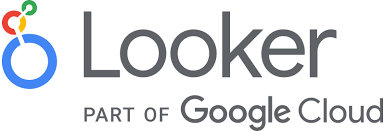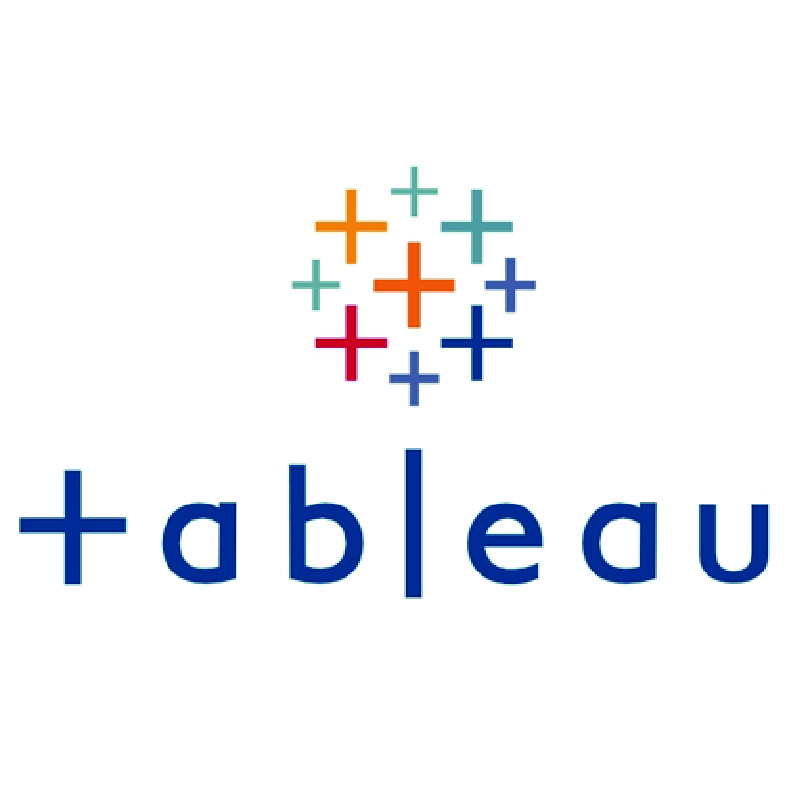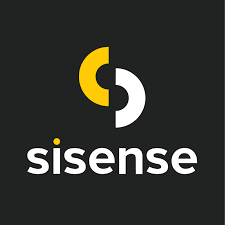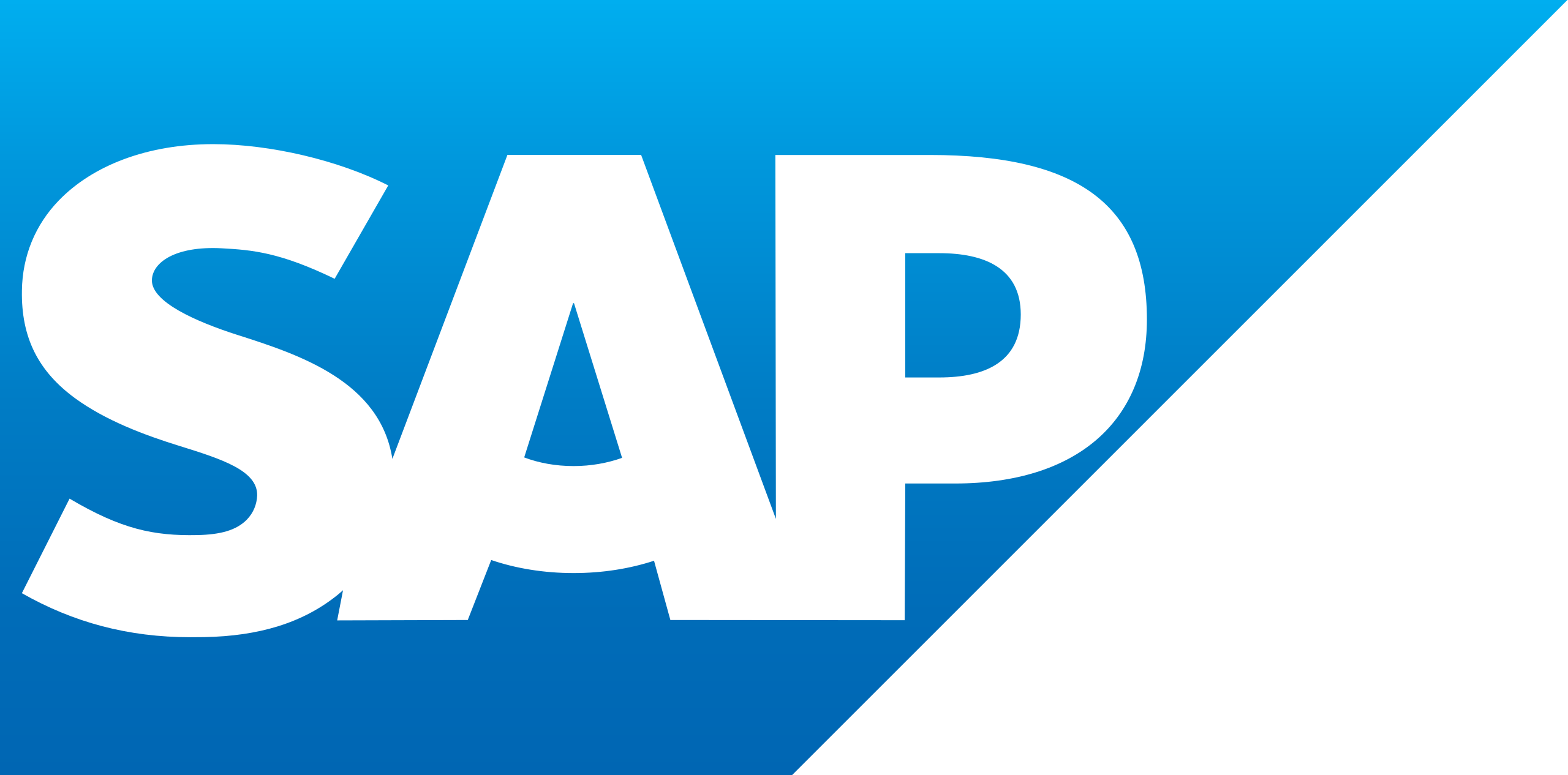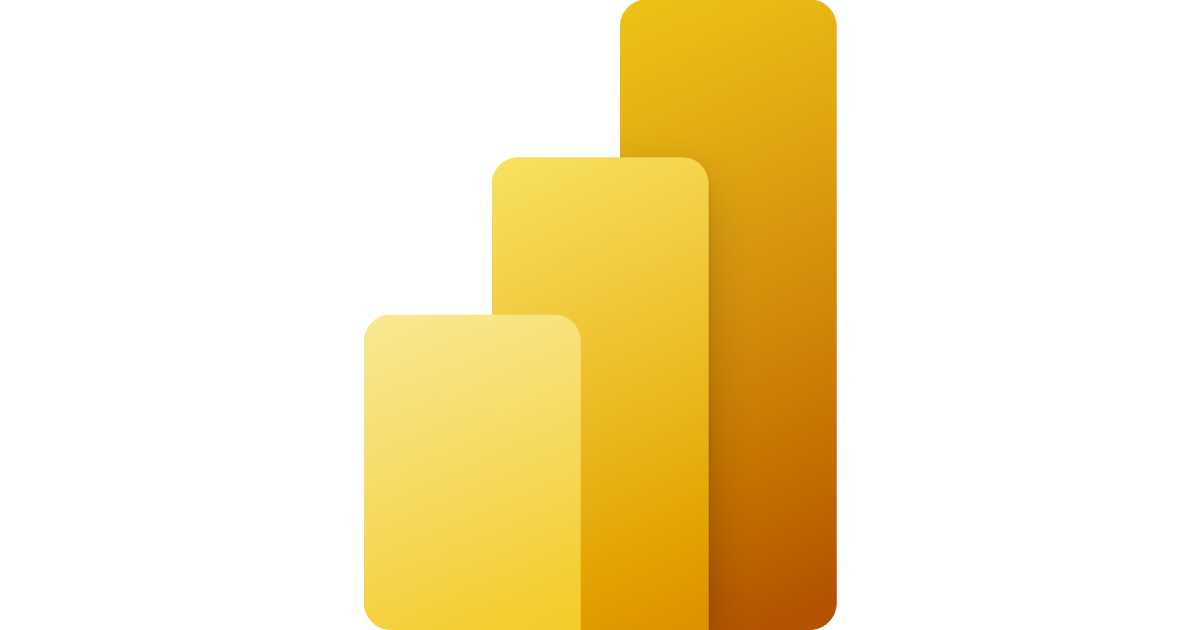We may earn an affiliate commission from partner links on the Entrepreneur Guide. These do not affect our editors’ opinions.
With the best business intelligence tools, you can access, prepare, analyze, and share findings from various business data sources. If used correctly, your business can benefit greatly.
What are business intelligence tools?
Business Intelligence tools, also known as BI tools, are types of application software that collect, analyze and process large amounts of historical and current data from internal and external systems, including books, journals, documents, files, emails, and more.
Business intelligence platforms are not as flexible compared to business analytics tools. BI tools are most commonly used when uncovering data processed through ad hoc queries.
These specific tools help to equip the data for analysis so that you can successfully present the uncovered findings in intuitive visual formats, including reports, dashboards, and other data visualization tools.
The results from the data sets uncovered by using business intelligence software help business owners and employees make better data-driven business decisions, accelerate operational efficiency, point out new revenue potentials, identify trends in the market, and hone in on new business opportunities.
We have found the top six best business intelligence tools of 2022 and shared them with you below.
Top business intelligence tools of 2023:
What are the benefits of using data intelligence tools?
The most efficient BI software and tools can benefit your business in multiple ways. Let’s take a look.
Combining all relevant data.
Small and large companies collect data from various portals, including ERPs (enterprise resource planning), CRMs (customer relationship management), flat files, databases, APIs (application programming interface), and much more.
You will need a high-level BI tool to bring it all together to manage all of these metrics. Once the data is connected, businesses will have a broader picture of their operations and be able to identify issues and trends, perform analysis, and take action.
Unlock data access with self-service BI.
Self-service BI approaches give organizations a competitive advantage over others in their industry. Each employee with access to this service will be equipped with the data analytics skills needed to make the company run more smoothly, saving time and resources in the long run.
Making predictions based on data.
Nowadays, BI tools have evolved so much that they can make predictions based on intelligent data alerts triggered by changing business conditions.
This level of technology allows you to cut out excessive manual work and automate processes so that you can focus on other business tasks.
Automate processes.
BI tools are designed to update your KPI dashboards in real-time. You can also automate the reporting process by specifying time intervals and reporting. You can create powerful interactive dashboards and interact with them all on one screen.
This makes a more intuitive approach to data analysis.
Reduce business costs.
You can enable faster planning, data analysis, and reporting with powerful BI tools. They also encourage more streamlined sales planning, customer behavior analysis, and real-time process monitoring and optimization.
With these tools, you can potentially reduce business costs while increasing business revenue.
The bottom line.
In summary, gaining access to an efficient business intelligence tool for your business is essential for data integration, business insights, and, ultimately, your decision-making process.
The best tools on the market will allow you to access, prepare, analyze, share and make predictions to improve your business performance. Today, businesses rely heavily on data management to drive their next business moves, so choosing the right BI platform or mobile app is essential.
Some other good options include IBM Cognos Analytics, SAS Business Intelligence, and Oracle BI, all of which are SaaS BI platforms with interesting strengths.If you are in the market to build and grow your business, we can help. Check us out at Entrepreneur.com today.


